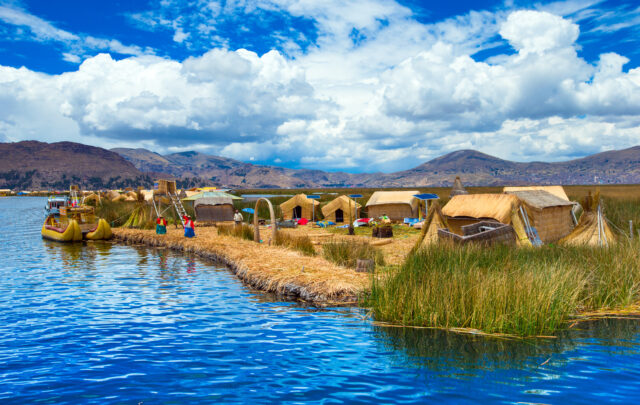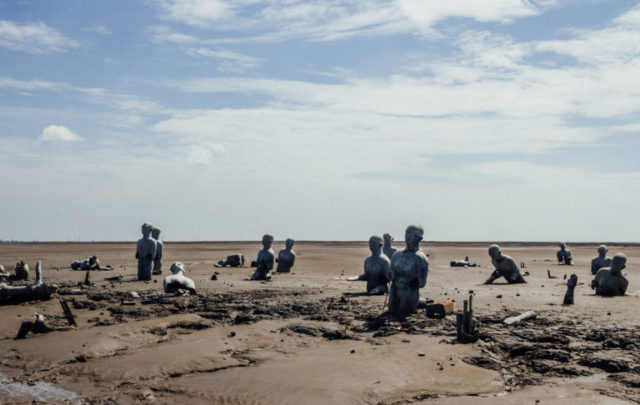The central themes of Chellis Glendinning’s writings include the interlace of the personal with the political and a critique of mass technological society as contrasted by nature-based cultures. She has written nine books – including the latest, her first novel (and first in Spanish), Objetos, and a generational memoir based on the lives of people she has known in social movements, In the Company of Rebels: A Generational Memoir of Bohemians, Deep Heads, and History Makers. Glendinning has also published hundreds of articles and essays in journals, magazines, and newspapers. In 2007 her folk opera about immigration, De Un Lado Al Otro, was performed at the Lensic Performing Arts Center in Santa Fe, New Mexico. She received her PhD in psychology from Columbia Pacific University and for thirty years practiced as a licensed psychotherapist specializing in trauma recovery. She lives in an antique adobe in Chuquisaca, Bolivia. Archives of her life, times, and work are housed at the Labadie Collection of the University of Michigan.





